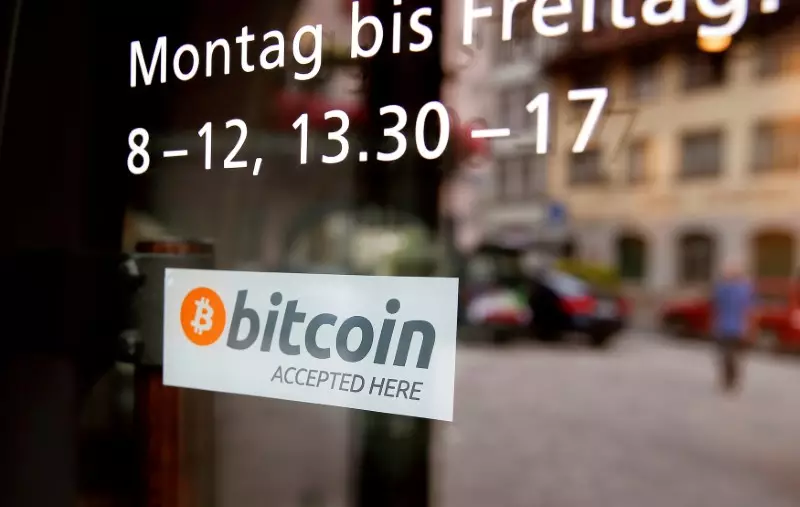Peter Brandt, a well-known trader in the cryptocurrency community, recently shared a video on his X account that highlights the recent BTC Prague event. During this event, Jack Mallers, CEO of Strike, delved into the significance of comprehending the proof-of-work concept and the decentralized peer-to-peer network that Satoshi Nakamoto envisioned. Mallers elaborated on how proof of work functions as a safeguard against double-spending, ensures consensus, and secures the Bitcoin network.
Proof of work requires miners to solve complex mathematical operations in order to validate transactions and add them to the blockchain. This mechanism is essential for maintaining the integrity and security of the network. Mallers also underscored the decentralized nature of the peer-to-peer network proposed by Satoshi Nakamoto, which reduces reliance on central authorities, enhances transparency, and mitigates the risk of fraud. These fundamental principles distinguish Bitcoin from traditional financial systems.
The insights shared by Mallers are not merely historical anecdotes but actively influence current and future practices in the cryptocurrency industry. Professionals across various domains, including developers and traders, must grasp these concepts to navigate the evolving landscape effectively. Peter Brandt’s endorsement of Mallers’ discussion underscores the enduring relevance of understanding core Bitcoin principles, regardless of one’s experience level in the market.
Despite the critical role of understanding proof of work in Bitcoin, there is a growing concern that the average user of digital assets may not prioritize these foundational concepts. This lack of engagement with core principles could pose challenges for the industry in the long run. Without a solid understanding of proof of work and its implications, users may struggle to navigate the complexities of the cryptocurrency ecosystem and make informed decisions.
The importance of comprehending proof of work in Bitcoin cannot be overstated. It serves as a cornerstone of the network’s security and decentralization, shaping the future of the cryptocurrency industry. Industry professionals and enthusiasts alike must prioritize education and awareness of these fundamental concepts to ensure the sustainability and growth of the ecosystem. Peter Brandt’s endorsement of Jack Mallers’ insights serves as a reminder of the ongoing relevance and significance of understanding proof of work in the world of Bitcoin.

